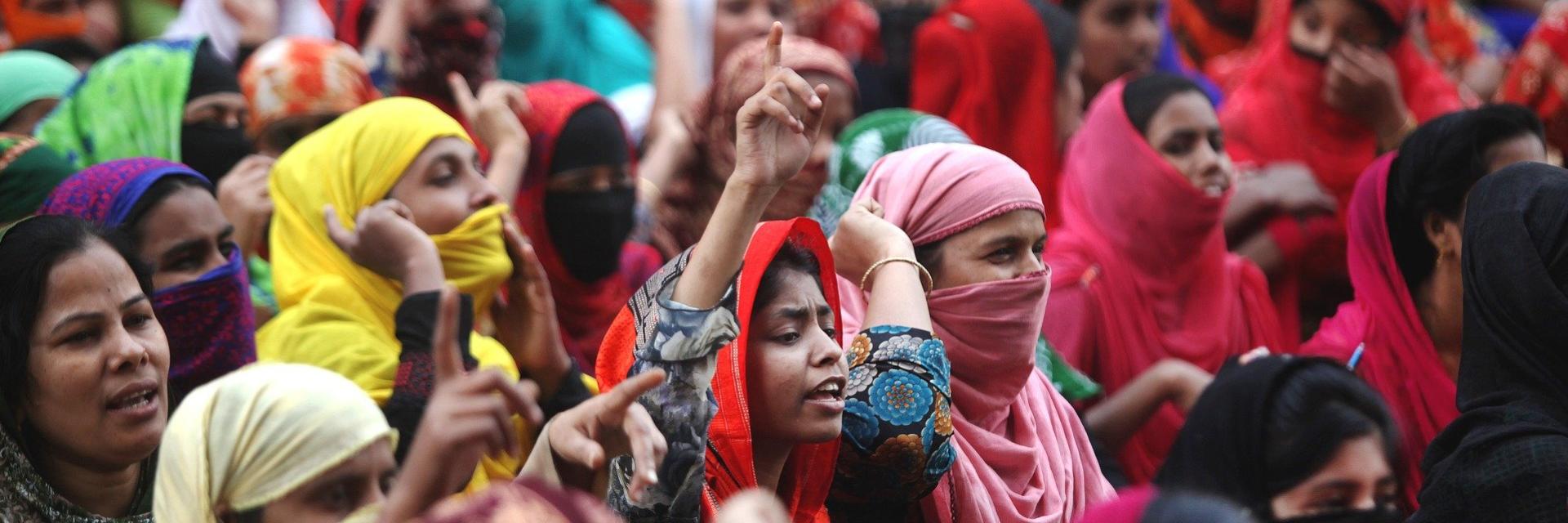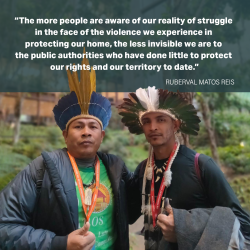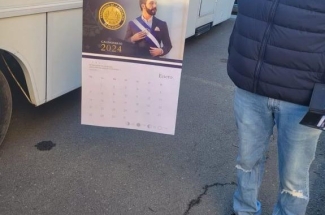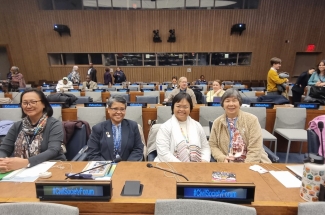Upholding human rights enables a society to put people at the center of all policymaking – political, economic and social – thus protecting the life and dignity of the human person whatever its condition or stage of development. In the year 2020, the world entered into the novel coronavirus pandemic, an unprecedented crisis that impacts all aspects of life and presents new threats to upholding human rights.
December 10 is International Human Rights Day. Join us in reciting this prayer by Rabbi Brant Rosen. Explore our Lenten Reflection Guide on human rights.
To understand what our faith teaches about human rights, see "Catholic Social Teaching and Human Rights."
To learn about Maryknoll mission experience honoring and protecting human rights and the life and dignity of the human person, especially those who are poor and vulnerable, read Maryknoll’s 100 Years of Mission.
To learn about human rights advocacy, watch a 30-minute webinar, "Human Rights Advocacy and the Legacy of Sr. Dianna Ortiz." You will also find a corresponding page of resources on current human rights issues.
To learn about new threats to human rights, see our articles featured in Maryknoll Magazine:






